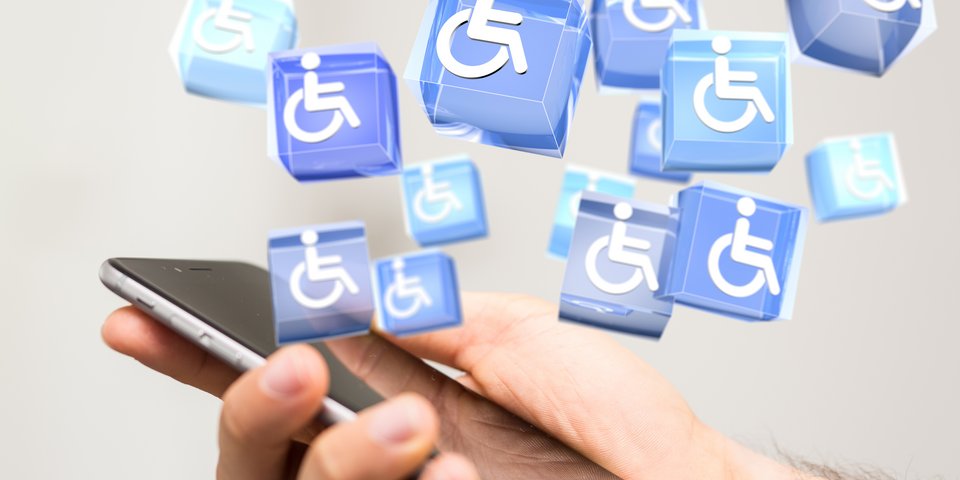 ©vege - stock.adobe.com
©vege - stock.adobe.comBarriers to the use of person-centred technologies
European Association of Service Providers for Persons with Disabilities (EASPD) publishes study.
KB/SW – 08/2018
In a recent study, the EASPD investigated the barriers and facilitating factors for using person-centred technology (PCT) in services for people with disabilities. Barriers to the uptake of person-centred technologies were identified using a comprehensive literature search. Assessment of their severity was done by experts from social service providers for people with disabilities across Europe, using an online questionnaire to cover all the major barriers previously identified.
137 professionals from 18 European countries took part in the survey. 100 respondents were included in the subsequent analysis. In the survey, all service providers highlighted the benefits of using person-centred technology tools for people with disabilities, but the percentage of social service professionals using this technology was alarmingly low. There was a clear difference between the uptake of PCT in countries in Northern Europe (78%) compared to those in Central, Eastern and Southern Europe (25%).
The main barriers identified in the study were the lack of training and resulting shortage of skilled workers (except in northern Europe) and insufficient funding. Other obstacles included a poor legislative framework and a lack of knowledge of people with disabilities and their families.
Measures to improve the inclusion of disabled people
In order to tackle existing problems, systematic efforts should be made in various areas. It is not only necessary to adapt the legislative framework, but also to create a variety of training and qualification programmes. This should start with higher education and continue with on-the-job courses as well as courses for persons with disabilities and their families. It is crucial to learn about the use of person-centred technology tools.
This process should be supported by policies at all levels and by guaranteeing the necessary financial resources. Positive effects from using person-centred technologies in the daily life of disabled persons and their families only occur in combination with the intended measures. Modern technologies have the potential to improve all aspects of the lives of disabled people. They can promote independent participation in daily life; improve their safety and mobility; facilitate access to communication, education and jobs; and thus, create the conditions for successful inclusion.
Background
The European Association of Service Providers for Persons with Disabilities (EASPD) is a non-profit organisation working with disabled people. The association represents more than 12,000 social service providers and their umbrella organisations. The aim of the EASPD is a social Europe for all, including people with disabilities, that guarantees universal access to quality services for those in need.
The association strives to ensure the full implementation of the UN Convention on the Rights of Persons with Disabilities; provide high-quality, user-centred services that are run in an accountable, efficient and effective way; and ensure fair working conditions and lifelong learning opportunities for those employed in services.
An executive summary of the study’s main findings is available here.
